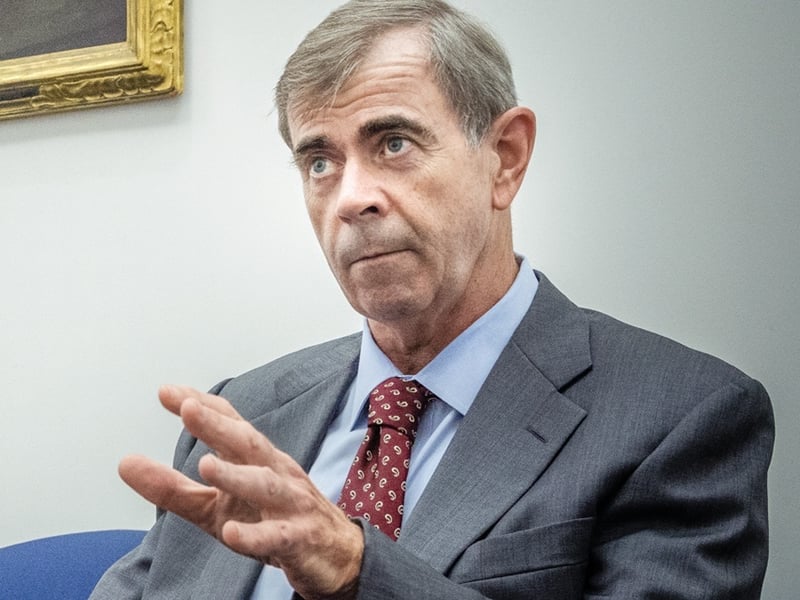

William Galvin, Massachusetts Secretary of the Commonwealth, said Tuesday he had launched an inquiry into the broker-dealer arms of some of the largest mutual fund companies in the industry, seeking information regarding potential tax disclosure issues with target-date mutual funds.
The broad sweep for information from the broker-dealers is due to "surprise" tax bills received by retail investors who owned target-date funds in non-retirement accounts, according to a statement by Galvin's office.
In the statement, the Massachusetts Securities Division said it had sent letters seeking information from five broker-dealers of major fund firms: Vanguard Marketing Corp.; Fidelity Brokerage Services; T. Rowe Price Investment Services Inc.; BlackRock Investments; and American Fund Distributors Inc.
The tax issues involving target-date funds "disproportionately" affected retail investors and resulted in unforeseen tax bills, according to the statement from Galvin's office.
Galvin's office is "particularly concerned by reports of inadequately disclosed fund changes that shifted financial burdens to small-dollar investors, resulting in large tax bills for those who held the funds in non-retirement accounts," the statement said.
Spokespersons for the five funds companies listed above did not immediately return calls for comment Tuesday.
The Secretary of the Commonwealth's office is regarded as an extremely aggressive antagonist by many in the brokerage industry and is often in the forefront when it comes to investigating potential shortfalls by broker-dealers selling specific sets of products.
In the past dozen years, Galvin's office has investigated broker-dealers' sales of private placements and nontraded real estate investment trusts, as well as examining cross-selling of products at banks. The results have been millions of dollars of penalties paid by brokerage firms.

Most firms place a limit on advisors’ sales of alternative investments to clients in the neighborhood of 10% a customer’s net worth.

Those jumping ship include women advisors and breakaways.

Firms in New York and Arizona are the latest additions to the mega-RIA.

The agent, Todd Bernstein, 67, has been charged with four counts of insurance fraud linked to allegedly switching clients from one set of annuities to another.

“While harm certainly occurred, it was not the cataclysmic harm that can justify a nearly half billion-dollar award to the State,” Justice Peter Moulton wrote, while Trump will face limits in his ability to do business in New York.
Orion's Tom Wilson on delivering coordinated, high-touch service in a world where returns alone no longer set you apart.
Barely a decade old, registered index-linked annuities have quickly surged in popularity, thanks to their unique blend of protection and growth potential—an appealing option for investors looking to chart a steadier course through today's choppy market waters, says Myles Lambert, Brighthouse Financial.
